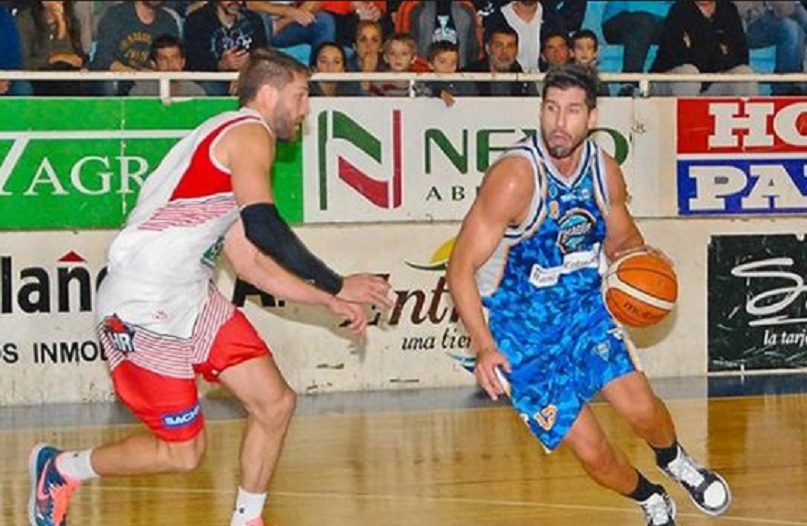Presentaré aquí algunas observaciones del historiador Yuval Noah
Harari y mis comentarios respecto a Venezuela...hay cosas similares pero otras muy distintas.
Harari explicaba en su libro
Homo Deus cómo Ceausescu y sus colaboradores lograron subyugar a veinte millones de rumanos durante cuatro décadas.
Según Harari, los líderes del régimen comunista consiguieron mantenerse en el poder tanto tiempo porque
1) pusieron a funcionarios comunistas leales a controlar todas las redes de cooperación, desde el ejército hasta las asociaciones deportivas
2) impidieron la creación de organizaciones rivales en el plano político, económico o social
3) contaron con el apoyo de partidos comunistas similares en la URSS y otros países de Europa oriental.
Harari, como es normal, advierte que la historia no se repite pero puede ayudar a dicernir tendencias.
Yo hablaría de patrones.
Revisemos los tres puntos.
1) El chavismo ha sufrido un montón de deserciones pero como desde hace décadas el movimiento es profundamente criminal, las deserciones mismas no tienen autoridad moral...y los que quedan se vuelven más leales al régimen porque saben que después solo vendrá la prisión o el exilio en Rusia...y pocos venezolanos sin trabajo quieren ir a Rusia (aunque aumenta su número cada mes).
2) El chavismo no ha impedido la creación de organizaciones como lo hizo el comunismo europeo sino que ha tomado el camino putinista: ha inhabilitado y encarcelado a un montón de gente y hace seguimiento con tecnología cubana, rusa y cubana, de las comunicaciones de miles de opositores.
El chavismo ante todo ha usado el método antiquísimo de
divide et impera que se usa hasta en sistemas menos represivos. Los venezolanos, que muy difícilmente trabajan en equipos igualitarios, sin un caudillito que los rija y prometa, no han conseguido enfocarse en un movimiento con principios y solo han trabajado en plataformas electorales para tal o cual líder del momento.
3) El chavismo cuenta no solo con los servicios de espionaje cubanos sino con el apoyo de Putin, quien por menos valor estratégico en Siria ha estado dispuesto a mandar soldados y cientos de mercenarios a ese país de Cercano Oriente.
En particular la oposición venezolana no ha sabido cómo coordinar nada con movimientos opositores en Cuba y mucho menos ha sabido cómo influir en el público cubano en general.
 |
| Rumania durante las masacres perpetradas por el régimen de Ceasescu |
Actualmente el cambio también es más difícil porque falta el elemento sorpresa. Y es que lo que ocurrió en 1989 tomó a casi todos desprevenidos. Muy pocas personas tenían la perspectiva general y específica de los cambios que se producían en diversas regiones del mundo en aquel entonces, de lo que ocurría con la carrera armamentista, con los precios del petróleo, con la fosilización de las estructuras económicas soviéticas, con el desarrollo de la informática en Occidente, con el flujo de información que finalmente entraba en Hungría y otros países del Bloque Socialista (Comunista).
Actualmente los movimientos "socialistas" (o como quieran llamarlos) y Rusia putinista están obsesionados con reconocer a tiempo cualquier grupo o movimiento que pueda poner en peligro su control de los países satélites. En eso se parecen más a la Rusia de Stalin, pero con software de espionaje.
El comunismo (o socialismo de Estado o como se quiera llamar) murió hace mucho tiempo en Rusia. Aun así, el putinismo se basa en muchas de sus estructuras y prácticas - es una mezcla de métodos soviéticos con economía de mercado con cronismo post-soviético y mitos y ritos sacados de la Rusia imperial. Si Uds leen la prensa rusa oficialista, si l
een la entrevista que le hicieran al embajador ruso en Venezuela, que yo comenté en una entrada anterior, notarán cómo se menciona una y otra vez que tal o cual grupo en Venezuela o en la misma Rusia quiere hacer una nueva "
Revolución de los Colores", como se llamaron los movimientos en países que trataron de escapar de la influencia de Rusia a partir de los 2000 (ya no se habla de las revoluciones que se produjeron en 1989 en Europa Central y Oriental).
El chavismo emplea trucos parecidos a los que emplea Putin en Rusia y lo consigue pese a que Maduro, al contrario que Putin en Rusia, es odiado por la gigantesca mayoría de la población.
El chavismo ha conseguido neutralizar a los pocos opositores que tienen un mínimo de capacidad retórica y posible atractivo para las masas. No es difícil en un país donde el político promedio no lee un libro al año.
El chavismo se aprovecha de un proceso de cansancio durante el que la oposición luchó sin organización, sin estrategia, con todos los petrodólares en contra.
El chavismo se aprovecha del mayor movimiento de emigración en décadas: estos millones que huyen del hambre y la criminalidad de Venezuela chavista no estarán allí para protestar.
Si queremos salir del chavismo esta década y convertir Venezuela en un país democrático, pluralista y en vías de desarrollo, debemos ser mucho más creativos y persistentes.

















